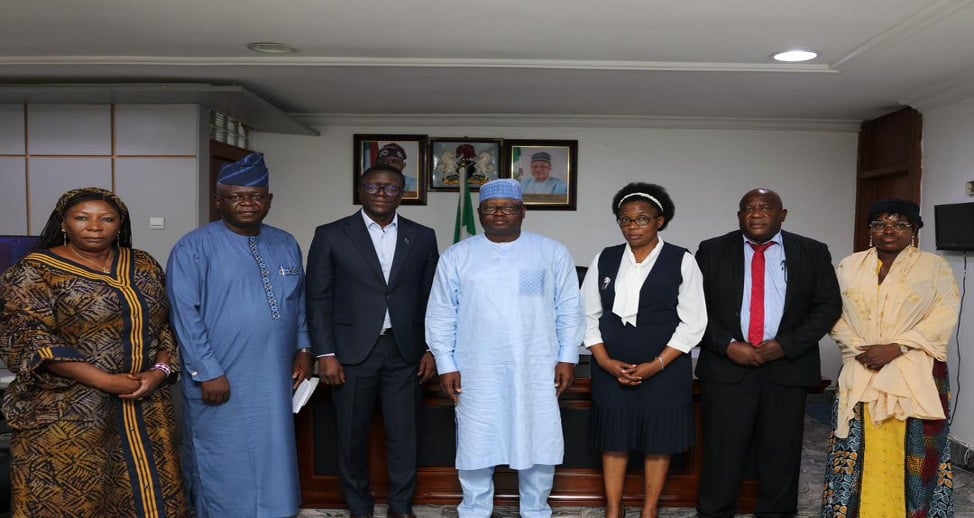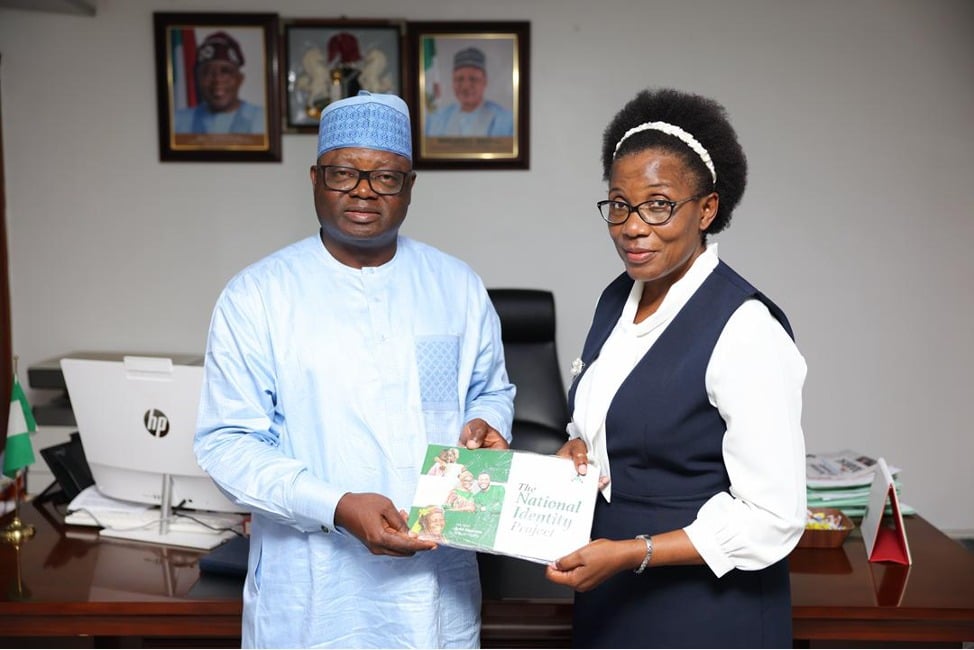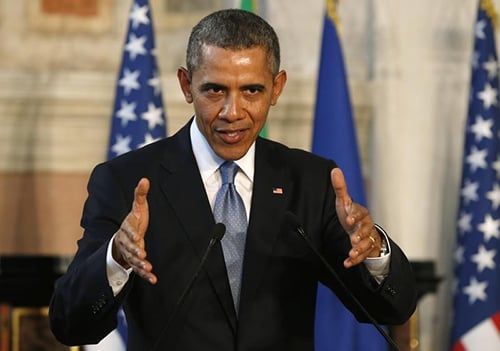L-R: Lanre Issa-Onilu and Jenipher Mutembo
The Zambian government has expressed interest in studying Nigeria’s National Values Charter, a key component of the proposed Nigerian Identity Project (NIP) recently approved by the federal executive council (FEC).
The decision followed a meeting between officials of the national orientation agency (NOA) led by Lanre Issa-Onilu, director-general, and a delegation from the Zambian High Commission in Nigeria, led by Jenipher Mutembo, deputy high commissioner.
The meeting, held at the NOA headquarters in Abuja, was the second engagement between both parties.
Addressing the visiting delegation, Issa-Onilu said the NOA remains one of the largest public institutions in Nigeria with a strong presence across all 774 local government areas.
Advertisement
“It is my pleasure to welcome you to the premises of the national orientation agency,” he said.
“The agency is one of the largest in Nigeria, with 818 offices across all 774 local government areas, 36 states, and the federal capital territory.
“We are deeply rooted at the grassroots level and remain a vital communication channel between the government and the people.”
Advertisement
Issa-Onilu said the agency plays a key role in communicating government policies, programmes, and projects to citizens, while also gathering feedback from communities to guide policymaking.
He added that the feedback is regularly transmitted to relevant government institutions and the national assembly.
The director-general said the NOA’s mandate includes promoting patriotism, civic responsibility, and national unity.
He recalled attending a recent programme in the United Kingdom where he met the Gambian high commissioner in London, who also expressed interest in the agency’s work.
Advertisement
He said such engagements highlight opportunities for wider African collaboration on civic reorientation.
Issa-Onilu also emphasised the need to redefine leadership in Africa beyond political officeholders to include civil, traditional, and moral leaders who shape national values.
‘NOLLYWOOD A POWERFUL EXPORT’
In her remarks, Mutembo commended the NOA for its nationwide reach and described its operational structure as a model for other African nations.
Advertisement
“I must commend your presence in all local government areas. This grassroots model is powerful, and we see its potential as a framework other African countries, Zambia included, can learn from,” she said.

Advertisement
The Zambian envoy praised Nigeria for offering her country an opportunity to observe and learn from the NOA’s strategies for national reorientation and civic education.
She also highlighted the shared African values, the influence of youth, and the importance of media in shaping cultural identity.
Advertisement
“Our young people are watching these films — they are learning, forming ideas, and creating perceptions, sometimes misinformed, about success, morality, and identity,” she said.
“What we portray shapes national values and international image. As leaders, we have a duty to ensure that the content reaching the public inspires unity, innovation, dignity, and pride in African heritage.”
Advertisement
Mutembo described Nigeria as the cultural giant of Africa and praised Nollywood’s global influence, while also expressing concern about recurring negative themes in its productions.
“Nigeria is the cultural giant of Africa, and Nollywood is one of your most powerful exports,” Mutembo said.
“However, as a sister country, I must mention, with respect, that there is growing concern in Zambia, particularly among our youth, about the dominant themes of rituals, occultism, and superstitions in many Nollywood productions.”
She called for stronger inter-agency partnerships and south-south cooperation between Zambia and Nigeria in areas such as civic education, cultural diplomacy, and media content exchange.
Mutembo reaffirmed Zambia’s commitment to enhancing bilateral ties and lauded NOA’s leadership in promoting civic engagement.
She said her country is exploring models that can drive behavioural change and civic responsibility to support sustainable development.
She concluded that Nigeria’s investment in structured national orientation provides a valuable reference for Zambia’s development strategy, especially in strengthening citizen participation and responsible governance.





